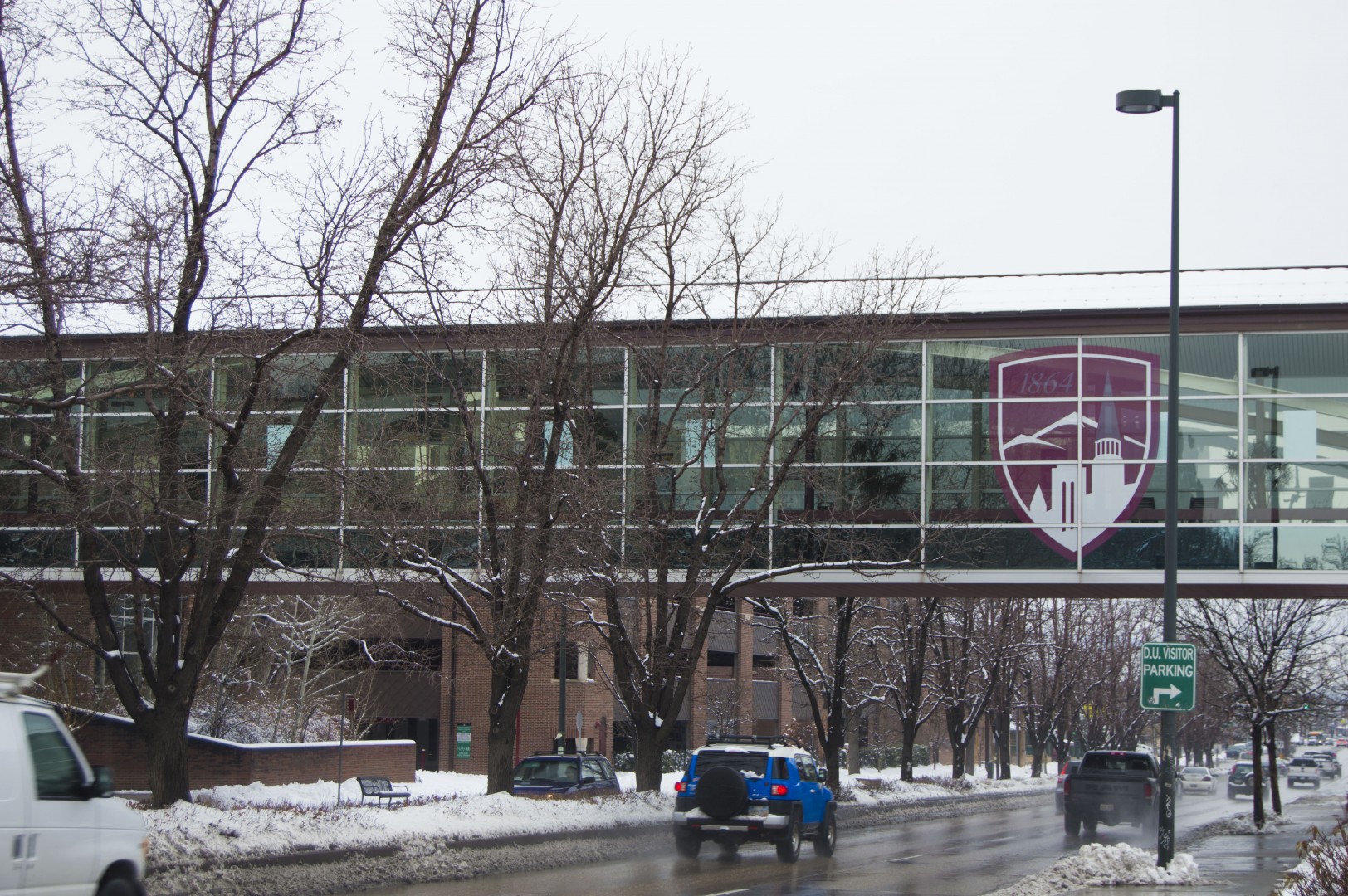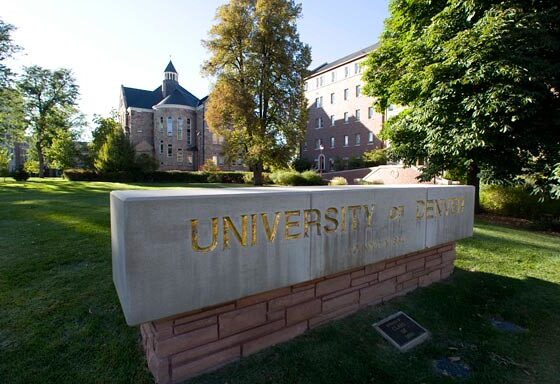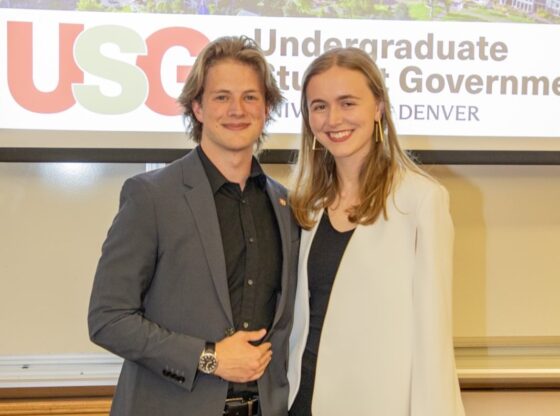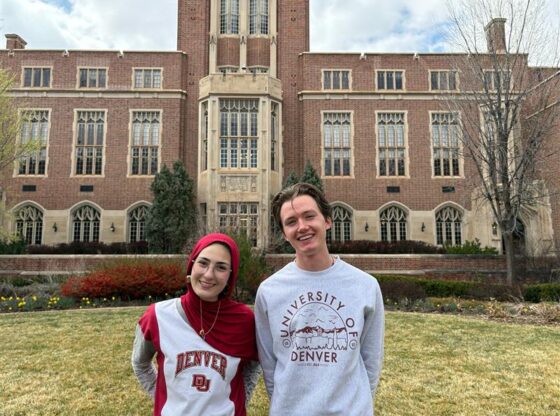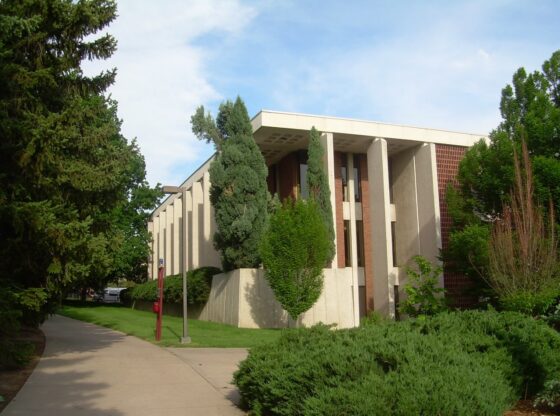The Denver Innocence Project (DIP) is a non-profit organization partially comprised of students that are dedicated to helping free the wrongly imprisoned and advocate for criminal justice reform. Inspired by the original Innocence Project founded in New York City in 1992, DIP is in the process of becoming part of the Innocence Network, a coalition of independent organizations with a unified goal across the country.
Rodney Roberts, who came to speak at a Denver Innocence Project meeting in Sturm Hall last month, was one of the estimated 2.3 to 5 percent of all prisoners in the U.S. who are innocent. Whether due to lack of DNA testing, prosecutorial misconduct, faulty testimonies or forced guilty pleas as in Robert’s case, a shocking amount of wrongful convictions occur in the U.S. with little public awareness.
DIP operates as a third-party to advocate for prisoners who have reached out to them for help and support.
DIP takes on the cases of extensively-researched applicants from in prison. To be approved, they must have been convicted in Colorado, have already had a trial and appeal adjudicated and must currently not have an attorney. If selected, DIP will embark on an intensive process to review their case, come up with a strategy, prepare them for a trial and eventually get them an attorney.
“Obviously people can be exonerated without the Innocence Project, but it’s very difficult without a voice that can do good work for them,” Richelle Snook said, a freshman criminology major working with DIP.
“Rodney [Roberts] for example, was able to spend all of his time in the prison library learning how to do memos and appeals, but even he needed help. There are innocent prisoners who aren’t even literate.”
Though not affiliated with DU, DIP works to recruit students. Snook, who was invited to volunteer by her professor, DIP Student Director Scott Phillips, is one of six DU undergrads working alongside law school students and overseen by professional attorneys.
As explained on the DIP website, students are often the last resort of the wrongfully convicted. Applicants have exhausted their options and extinguished resources to hire professional help, making students an ideal solution.
“It’s a bit similar to an internship in a way; we meet bi-weekly, but there’s a lot of work done in between,” Snook said. “Though it’s hard work, it’s also something I’m passionate about, so it doesn’t feel like it.”
However, their desire for volunteers is not limited to law students. As DIP is a recently formed organization, their work currently includes plenty of non-law related tasks.
“It’s hard to get people turned on to us, since it sounds so legal and professional. They think ‘what could I do?’” Snook said. “There are a lot of fun fundraisers and things we’re planning right now that anyone could help with.”
Though DIP is currently drafting an amicus brief for a client and looking to move forward with many potential cases to take on, the bulk of their work is comprised of building their website, organizing fundraisers, planning benefit concerts and various other “building block” tasks.
The organization’s largest current concern is raising awareness, which, aside from events like Robert’s speech, has taken the form of shows of support from celebrities like Bruce Springsteen and Lena Dunham.
“So many people are wrongfully convicted. All we want is to get the word out,” Snook said.
For these students, helping to do so is a step towards justice.

